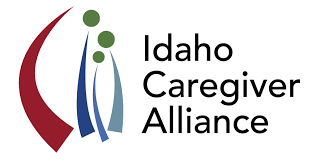Switch to Filter by Zipcode
Switch to Filter by Your Location
Resource Category: Support Groups
North Idaho Memory Clinic
Provides a team approach to the assessment, diagnosis, and treatment of memory problems. Each patient is seen and evaluated by a team of memory professionals, consisting of a physician, a neuropsychologist, and medical/clinical social workers. You will be offered tailored treatment, including educational resources to manage day-to-day living as independently as possible. We provide support, education and guidance to individuals and families whose loved ones are struggling with memory difficulty. They also offer a support group for family caregivers. Call or visit for more information.
Autism/ Aspergers Support Groups
Parenting Aspergers Community provides families with information that is applicable to all family members. Find a list of the support groups in the state of Idaho on this website.
- 600 North Curtis Road Suite 145, Boise, ID 83706-1451, USA
- 2714 8th Avenue Suite 8, Lewiston, ID 83501-3320, USA
Idaho Caregivers Unite
An online Facebook group of caregivers who strive to support each other in the struggles that can come with caring for a loved one. This group thrives by showing love, respect, loyalty, and dignity for each member in the group.

Brain Injury Alliance of Idaho
In response to the needs of those who have been affected by brain injuries in Idaho, the Brain Injury Alliance of Idaho provides services such as advocacy, education, and support groups for individuals who have had a brain injury and their families.
- 600 North Robbins Road, Boise, ID 83702-4565, USA
- 4402 East Flamingo Avenue, Nampa, ID 83687-9203, USA
- 315 Falls Avenue, Twin Falls, ID 83301-3367, USA
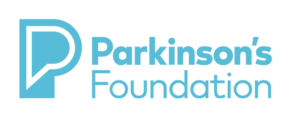
Parkinson’s Foundation – Pacific Northwest Chapter
People with Parkinson’s disease (PD) have a better life because of Parkinson’s Foundation Pacific Northwest. Their online events provide a variety of ways to seek support and get involved virtually including mindfullness Mondays, fitness Fridays, and support groups.

Northwest Parkinson’s Foundation Support Groups
The program team at Northwest Parkinson’s Foundation puts together free Parkinson’s education, movement, voice, and mindfullness programs. They facilitate in person and virtual support groups across the state of Idaho.
Relatives as Parents Support Groups
There are Relatives as Parents support groups statewide that offer support, training, resources, and encouragement to grandparents or other family members that are raising the child of a relative either formally or informally.
Information on Support Groups:
Region 1: Relatives as Parents support group. Contact Jessica Gross or Glenda Weaver by calling 208-660-4905 or visit https://www.facebook.com/RelativesAsParentINC/
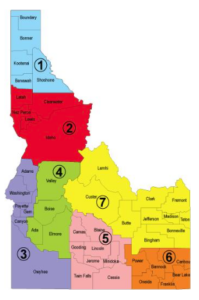 Region 3 & 4: Idaho Relatives As Parents (IRAP) support group. Email IRAPTRVY@gmail.com for more information.
Region 3 & 4: Idaho Relatives As Parents (IRAP) support group. Email IRAPTRVY@gmail.com for more information.
Meetings: 1st and 3rd Thursday of month from 6:30 – 8:30 p.m. and 1st Monday from 1 – 2 p.m.
For information on the Spanish speaking group, contact Elva Villareal by calling 208-888-3331 or emailing Elva.Villarreal@a3ssa.com
Region 5: Kinship/GAP support group. Contact Shawna Wasko at 208-736-2126 for more information.
Region 6: Kinship Care Support: Contact the local Area Agency on Aging for current support group information at 208-233-4032 or email Mike@sicog.org.
Region 7: Email Mike@sicog.org for more information.
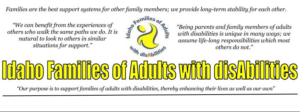
Idaho Families of Adults with Disabilities, Inc
Idaho Families of Adults with Disabilities is a non-profit that provides help to families, providers, and friends that care for an adult with disabilities. Membership in this group provides discounts on educational seminars, access to family resource specialists, social opportunitites, networking, and hands-on support.

Daughterhood Circles
Daughterhood is an online and in-person peer support group for those caring for aging parents, family members, and friends. They provide education through webinars, blog posts, and information shared through the support groups.
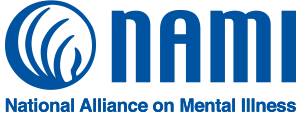
NAMI Idaho – National Alliance on Mental Illness
The National Alliance on Mental Health provides a source of information and resources for those with a mental illness and their families and caregivers. They offer education and support groups for both individuals with mental illness and their families and caregivers. Call NAMI Idaho for local resources like support groups (in-person and online) and educational training. Email them for more information: idahonami@gmail.com. Find the NAMI Idaho in your area: NAMI TV (Treasure Valley), NAMI WRV (Wood River Valley), NAMI UV (Upper Valley), NAMI CDA (Coeur d’Alene), and NAMI FN (Far North).
